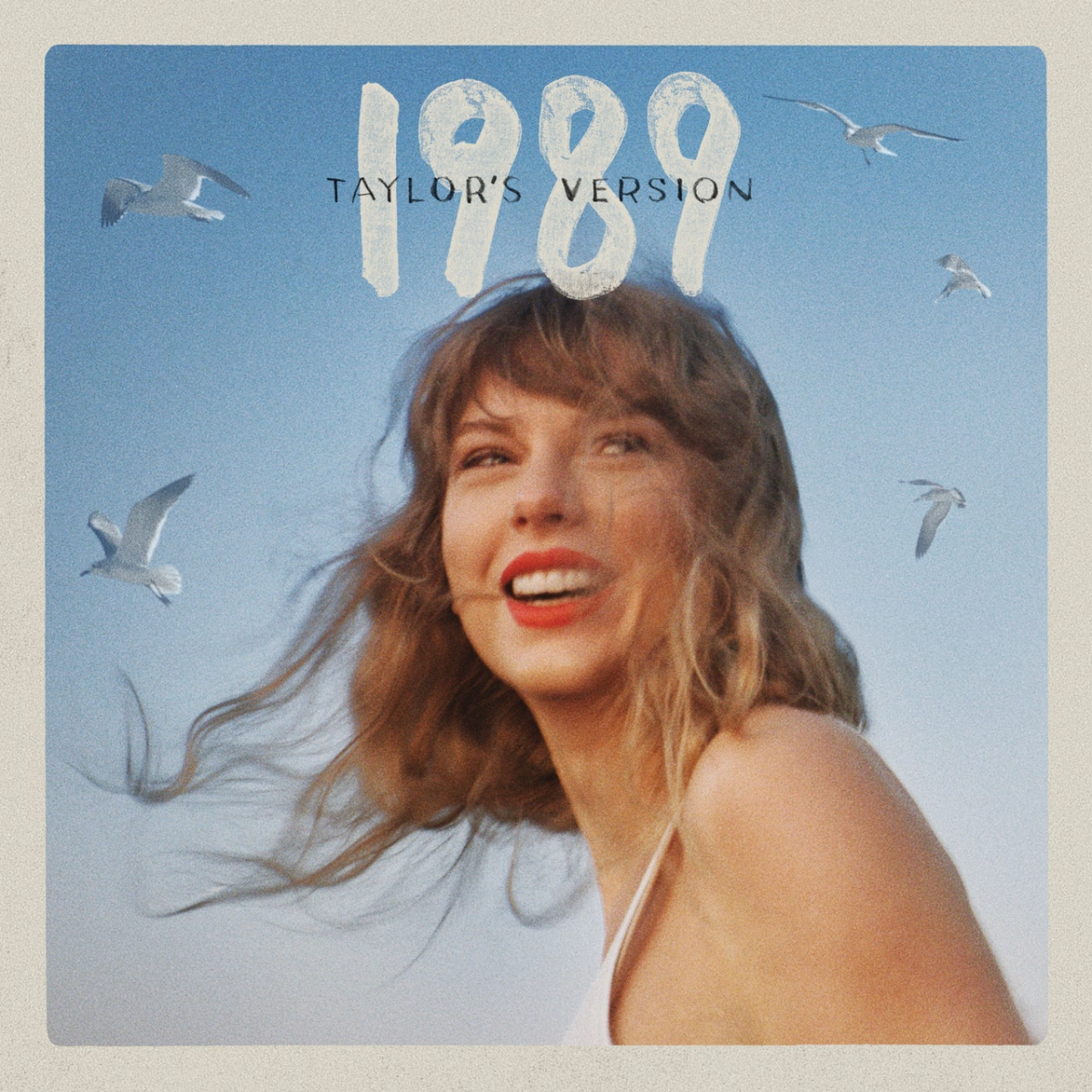Some will know it as Album of The Year. Others might recognize it as the biggest musical reset of the 2010s. I remember it as the album with the incessantly-played lead single, “Shake It Off.” But personal disdain aside, Taylor Swift’s “1989” has cemented its place in both her own discography and pop culture at large as one of the most transformative, sonically cohesive and lyrically distinctive LPs of her entire career.
Named for Swift’s birth year and derived from the synth-pop popularized in that decade, “1989” capitalized on the singer-songwriter’s gift for penmanship. Swift took her typical heart-piercing ballads and turned them into short-yet-sweet, headrush-inducing anthems fit for a night drive with the windows down. The album’s production evokes a sense of raw euphoria and yearning that are unique to New York City transplants, thanks to Max Martin’s thunderous rhythm and boisterous background in songs like “Style” and “New Romantics.”
So for the second time this year, as part of a personal and moral initiative to exercise ownership over her work, Swift has revisited her fifth album and made it her fourth re-recorded album to date. “1989 (Taylor’s Version)” was released on Oct. 27 to an anxiously-awaiting group of Swifites. But in an interesting twist, “1989 (Taylor’s Version)” is missing Martin in the production credits, an absence that was also apparent in “Red (Taylor’s Version),” released just two years ago. Instead, production credits are almost entirely dominated by Swift and her longtime collaborators, Jack Antonoff and Christopher Rowe. The former was a longtime collaborator since the original version of the record, and the latter is a more recent add-on, around only since the beginning of her reclamation campaign. To meticulous listeners, the differences in production with Martin’s absence are rather palpable.
This means that for those who crave Martin’s purposely imperfect backing tracks, you may be let down by the refinements Swift has made. “Style,” with its guitar intro that cuts through silence like a hot knife through butter, feels compressed and hollow in “Taylor’s Version.” It gives off a sense of incompleteness that is similarly seen in tracks like “Blank Space” and “All You Had to Do Was Stay.” “Welcome to New York” remains largely unchanged, an overwhelmingly cheesy anthem for transplants everywhere with its shallow synth. “Bad Blood” was already off to a bad start without Kendrick Lamar there to resuscitate it, and its backing track now overpowers Swift’s vocals.
Other tracks that were not originally produced by Martin fare much better with their refinements. “I Know Places,” a personal favorite of mine, feels full and inspires confidence with its message of escaping the spotlight with your one and only. “Clean” and its synth-infused electropop, courtesy of Imogen Heap, is more ethereal than ever due to the inclusion of the producer’s backing vocals and drum fills. “Out of the Woods,” a symphony of layered vocals from Swift and Antonoff reverberating in the background, is just as urgent as the original. Swift’s vocals in the song are crisp and fluid. While some listeners may be inclined towards the original track’s vocals, with a younger Swift providing a more energetic performance, the re-records refined and less strained vocals are inevitable for an older singer. If anything, they help solidify Swift’s vocal prowess. However, which one is better is for listeners to decide.
As with her other re-recordings, five new “From The Vault” tracks accompany this latest entry into the “Taylor’s Version” series. The arrestingly titled “Slut!” presents a deceptive-yet-soothing production, with lyricism that signals a sense of resignation to tabloid headlines, as opposed to the biting satire of “Blank Space.” “Say Don’t Go,” which was penned alongside industry giant Diane Warren, and “Is It Over Now?” both seem torn out of the pages of “Midnights,” with a lofi production and tension-filled verses that seem out of step with the album’s synth-pop foundations. They serve as ideal complements to the adrenaline of the main vault tracks, with “Is It Over Now?” and its snowmobile references speculated to be an extension of “Out of the Woods.” It is a biting song even if it’s not thematically on point.
Whether longtime fans will untether themselves from the original “1989” still remains to be seen. But to me, “1989 (Taylor’s Version)” unquestionably lives up to its predecessor’s legacy. Yes, its production and vocal performance understandably differ after almost a decade, and Martin’s absence is definitely a noticeable one; but more importantly, this re-recording is a testament to the durability of the songs it carries. To cheapen it wouldn’t be just morally unsound, but also dismissive of Swift’s musical evolution, as many critics were during its original release. On a realistic note, will a few production changes really stop me from blasting “Style” in the middle of the night with the car windows down? No, and I hope it won’t stop you either.




